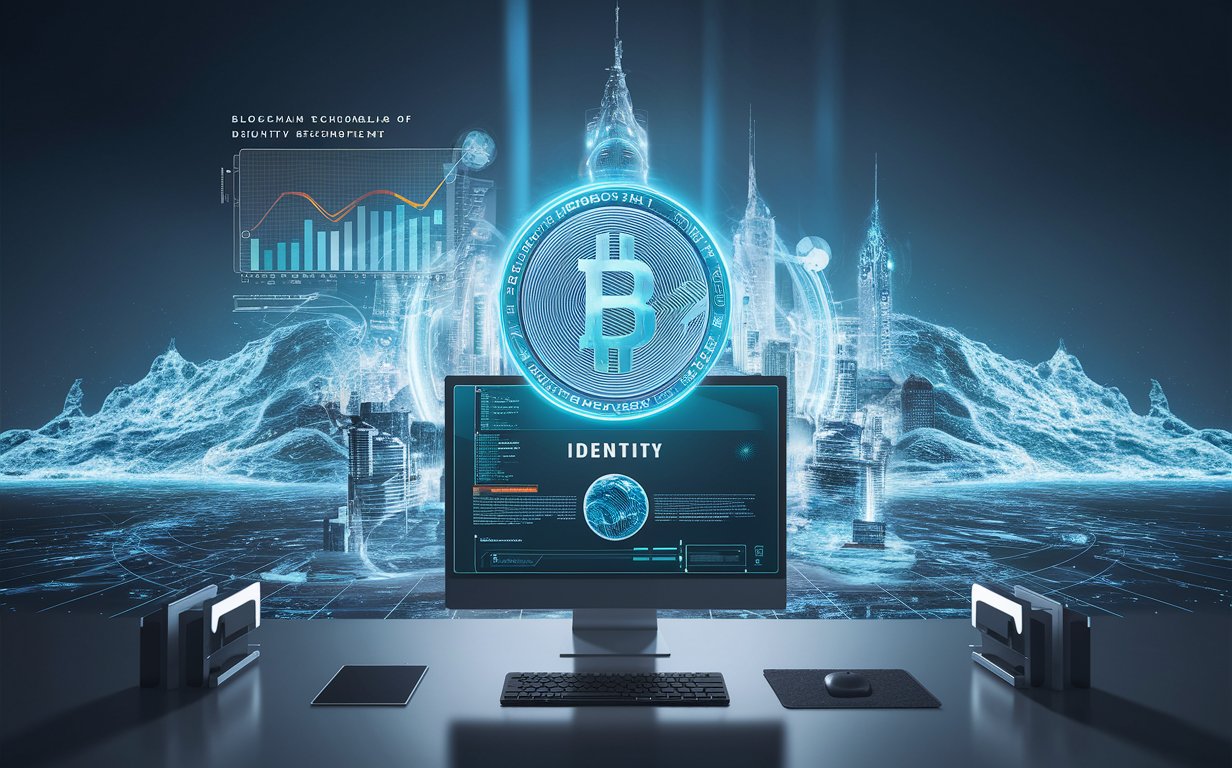Blockchain-Powered Digital Identity Reimagining: The Next Big Thing in Online Security
 Siddharth Pujara
Siddharth Pujara
Introduction
As the globe grows more digitally connected, our identities are growing more dispersed and exposed. Conventional identity verification techniques are frequently beset by problems including fraud, unauthorised access, and data breaches. On the other hand, blockchain technology presents a strong answer to these problems by giving digital identity management a decentralised, safe, and unchangeable foundation. This article explores the manner in which blockchain technology is influencing digital identification in the future.
Understanding Blockchain Technology Before exploring its implications for digital identity, it’s essential to understand what blockchain is. A blockchain is a distributed ledger that records transactions across multiple computers in a way that the registered transactions cannot be altered retroactively. This ensures transparency and security, making it an ideal candidate for identity management.
The Challenges of Traditional Digital Identity Systems
Centralisation: Due to the centralisation of most identity systems, there exist vulnerabilities and single points of failure.
Data breaches: Well-publicised breaches reveal private data, jeopardising user identities.
Lack of Control: It can be difficult to manage privacy when users have limited control over their personal information.
How Blockchain Addresses These Challenges
1. Decentralisation: Blockchain enables consumers to directly own and manage their digital identities by doing away with the need for central authorities. The possibility of fraud and data breaches is decreased by this decentralisation.
2. Enhanced Security Blockchain uses cryptographic techniques to guarantee the security and immutability of identification data. Since every transaction is connected to the one before it, it is nearly hard for illegal changes to occur.
3. Privacy and User Control Enhancing privacy, users may decide what information to share and with whom. Individuals can continue to be the owners of their identification data thanks to self-sovereign identity (SSI) frameworks.
Real-World Applications of Blockchain in Digital Identity
1. Financial services Financial firms and banks are investigating the use of blockchain in KYC (Know Your Customer) procedures. Customers don’t need to submit new paperwork when sharing their information with different banks thanks to the blockchain’s safe digital identity creation process.
2. Healthcare Blockchain can facilitate safe medical record sharing between healthcare providers by streamlining patient identification. Patients’ ability to manage who has access to their medical records enhances security and privacy.
3. Instruction Due to blockchain’s ability to validate academic credentials, fewer degrees will be falsely claimed. Diplomas can be issued by educational institutions on the blockchain as authenticating credentials, streamlining the verification process.
The Future of Digital Identity on Blockchain The role that blockchain plays in digital identity management will only become more significant in the future. Governments and organisations are realising the need for safe identity solutions, and collaborations are emerging to create identity frameworks based on blockchain technology.
1. Lawful Structures Government rules that prioritise security and protect user privacy will be critical in determining how blockchain identification develops in the future.
2. Cooperation Interoperability between various blockchains and conventional systems is essential for blockchain identity systems to flourish. This will facilitate wider acceptance and smooth integration.
3. A Rise in Adoption There will be a movement toward more secure, user-centric identification solutions that empower people as more sectors employ blockchain for identity management.
Conclusion
Blockchain technology has the potential to revolutionise digital identity management by providing consumers with safe, decentralised solutions. Adopting blockchain technology for identity verification will be essential to improving user control, privacy, and security as we traverse the challenges of the digital era.
Subscribe to my newsletter
Read articles from Siddharth Pujara directly inside your inbox. Subscribe to the newsletter, and don't miss out.
Written by
